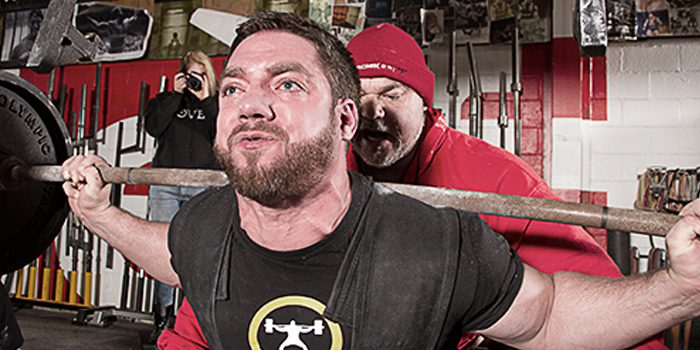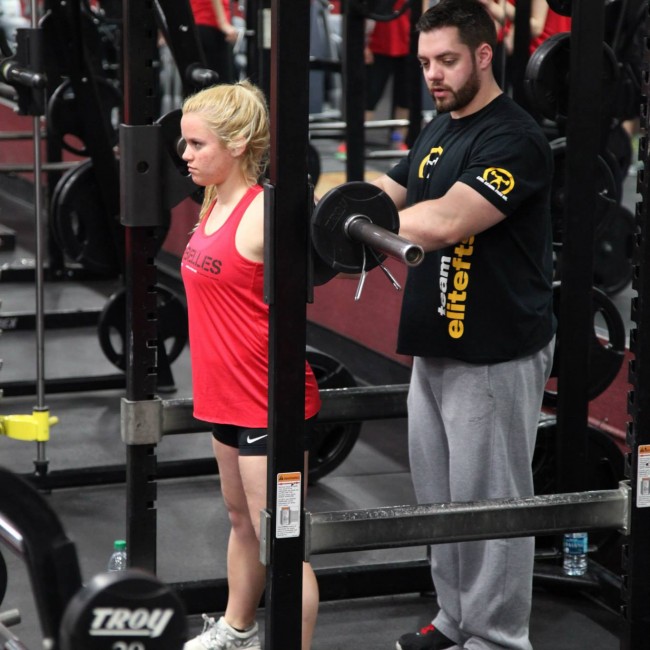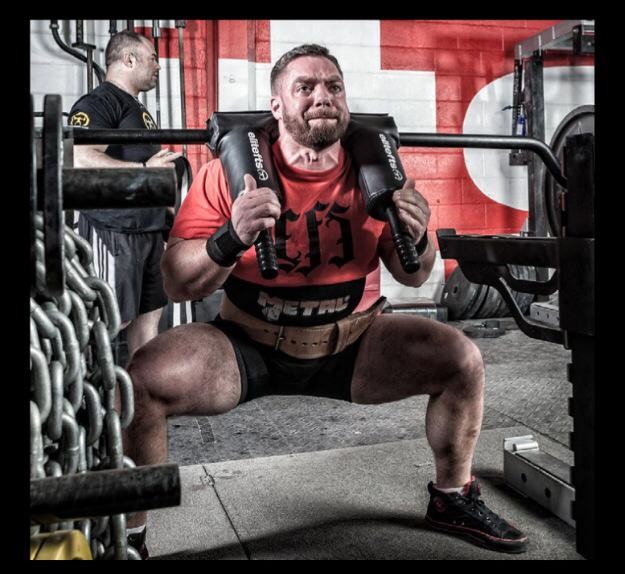
Sometimes with training articles, videos, social media posts, and blogs, it seems like the same information is getting regurgitated over and over again (probably because most of the time it is). At times when writing about a topic or writing out my answer to a question I’ve thought in my head “this has probably been covered about a million times”, and debate whether my expanding on the given topic is just overkill. Then I remember a couple important things:
- Although you or I may have read a hundred articles on a topic or read a thousand answers to a question, there is likely someone reading that is getting this information for the first time. To us, it may seem like beating a dead horse. But to them, it is something that no one has taken the time to explain to them before (this was something I was reminded of when listening to a recent Barbell1 Podcast with Dave Tate).
- Everyone learns and teaches differently. Two writers can cover the exact same topic and still reach different audiences because their personality, communication style, education, and experience provides them their own unique lens to see a topic through. Often times it takes hearing something a certain way for it to truly “click” for someone.
- Think about how many times you’ve had to hear certain things before you actually listened. I don’t know about you, but there’s things I’ve been hearing for years that I still need reminded of on a daily basis.
The last point ties into the information below. This “off-season” training cycle I’ve had a few things that have really been important for me to be reminded of often, even being as simple as they are. They are important enough that I think they are worth sharing as you evaluate your own training.
Here are three supposed no-brainers of training that many of us still manage to forget (or just ignore):
The Importance of Upper Back Training
Ever since reading 5/3/1 and first reading articles on elitefts.com in college, I always heard how important training the upper back was in building the squat, bench, and deadlift. But for the past several years I had allowed upper back training (and specifically lat work) to slip into an afterthought in my training sessions. The upper back supports a big bench press, helps keep you upright on squat, keeps you in the right position for deadlifts, and helps keep overall balance and prevent injury with the high volume of pressing we do as powerlifters. Even knowing all those positive benefits to training the lats, I was allowing upper back training to become a couple quick sets at the end of my lift once a week. Todd Brock suggested doing 4-5 sets of a different lat movement every time I went into the gym (four times per week), and it has been a great way for me to add more upper back volume. I also have been doing some form of lat or rear delt movement prior to benching, and that has been a good way to prioritize it in my training. Assistance work in general can be something easy to get lazy with, but it’s the “boring” movements that provide an important cumulative effect over time if you can be disciplined.
Don’t Skip Ab Work
After a long training session of squatting, deadlifting, and other assistance work, the last thing you probably want to do is train abs. I’ve had too many sessions where I was wiped out and left it "until next time”. Like the upper back, strong abs support the big three movements and if you have weak abs your lifts won’t be going anywhere fast. This is another aspect of training I have been adding in during my warm-up with GHRs or leg curls before moving on to squatting (something I know Louie and Westside Barbell has been doing for a long time). Finding ways to make ab training a priority will benefit you just like prioritizing building your upper back. Spud Strap ab pulldowns, band pulldowns, hanging leg raises, ab wheel; whatever you use for ab work, just find a way to work it in consistently and often.
Training is Not 100% Linear
What I mean by this is that you aren’t going to set new squat, bench and deadlift PRs each week, and every training session isn’t going to be a highlight reel. No brainer, right? But how often do we have one rough training session and then immediately start questioning every aspect of our training? Big picture: Training should always be moving forward and you should always be getting stronger, but not every session is going to be a definitive display of your current strength. It’s easy to start thinking of every training session as a test of where you’re at, but it’s important to remember that training is a cumulative process and it’s what happens on meet day that matters. If anything, hitting new maxes constantly throughout your training cycle and testing your strength too often will result in being burnt out on meet day. Pay attention to your indicator lifts, be patient, and trust in the process of what you’re doing. I know for me, some of the roughest training cycles for a lift have ended with the best performances on meet day.
These are just a few important things worth considering as you move forward in your training. They could all be expanded upon a lot more, but since they have been discussed extensively; I wanted to summarize them as quick reminders to get us all thinking about the small things that are so easy to forget.













KK does a shit ton of back work. 939 Raw Beltless Deadlift in a Full Power Meet at 285 Pounds of bodyweight. Also 906 at 275 with a belt and 948 in a Single Ply Metal Suit.
He is 100% Russian. Just sayin =)
I think for many lifters, only performing the Squat/Bench/Deadlift without any other assistance work can leave some weaknesses (especially if they are a beginner or their technique isn't on point_. Although the prime movers of those lifts will cover a lot of bases, building the other smaller muscle groups with direct work can help prevent injury, promote balance, and build a foundation.
Since focusing on upper back and abs all of my lifts have increased in weight and improved in form. Feel more solid and tight and definitely notice the huge increase in my upper back volume/core tightness.
Pertaining to your third point I'm now taking a shot at Wendler's 3/1/5 variation now to see about dialing back and focusing on volume. I was getting frustrated and definitely feeling like sh*t trying to work at 95%+ everyday. Awesome article!!